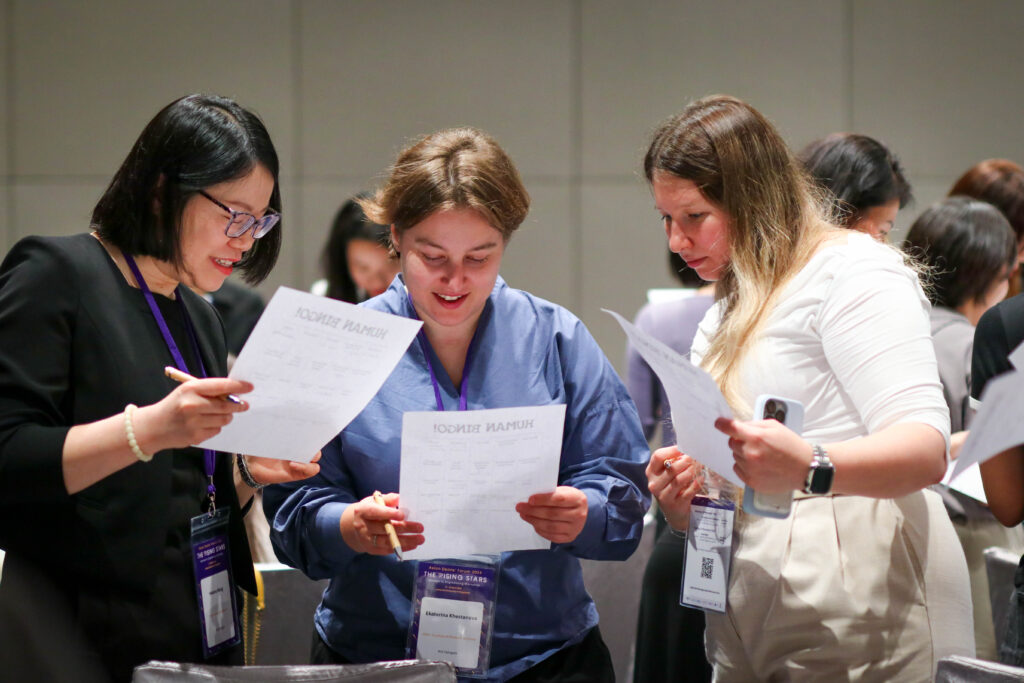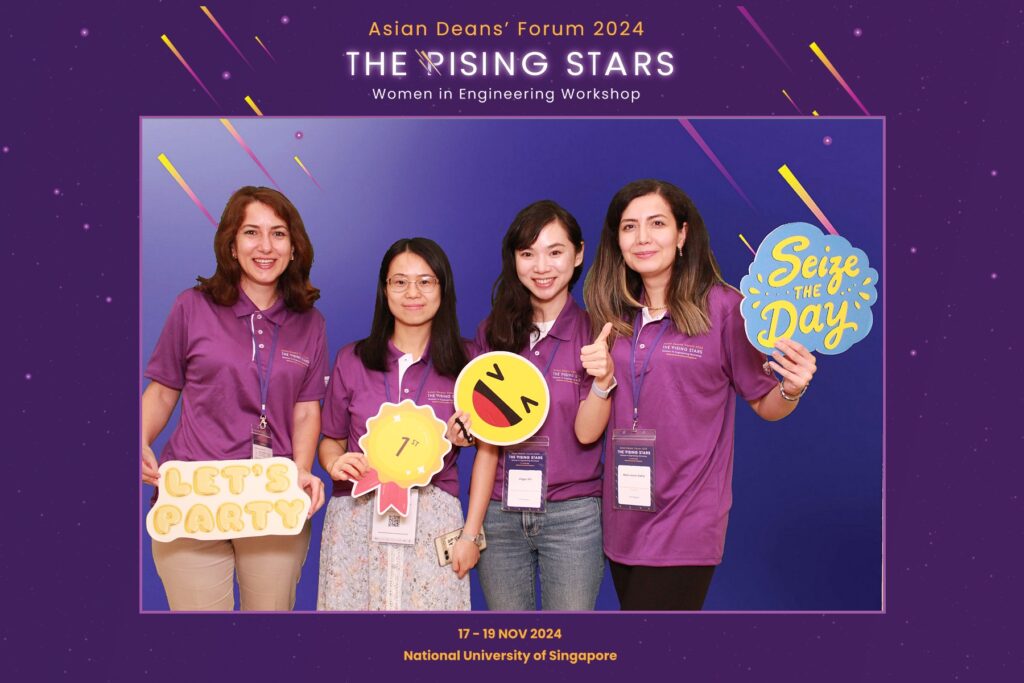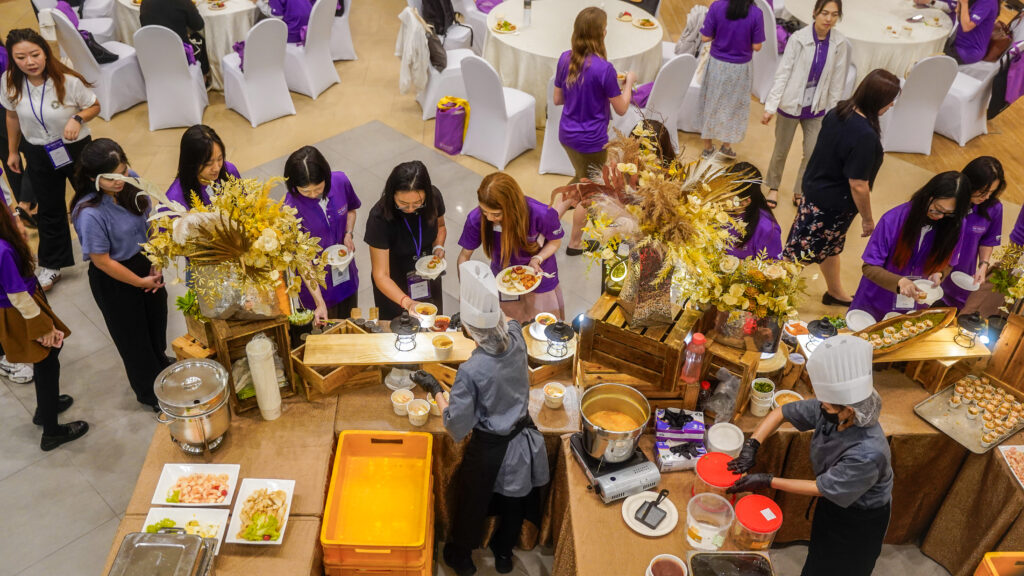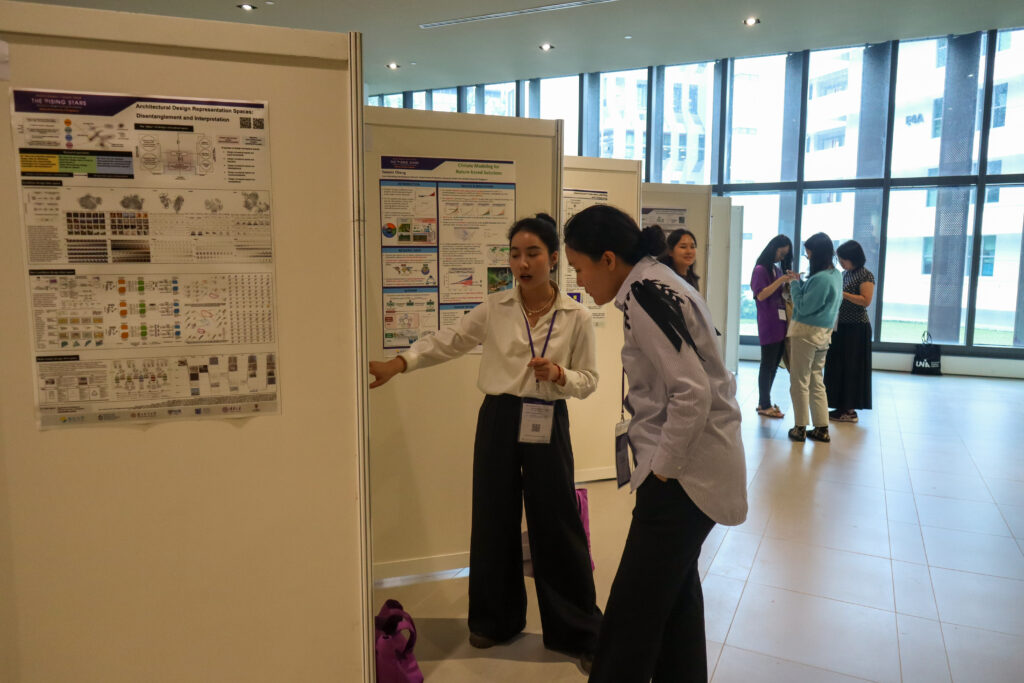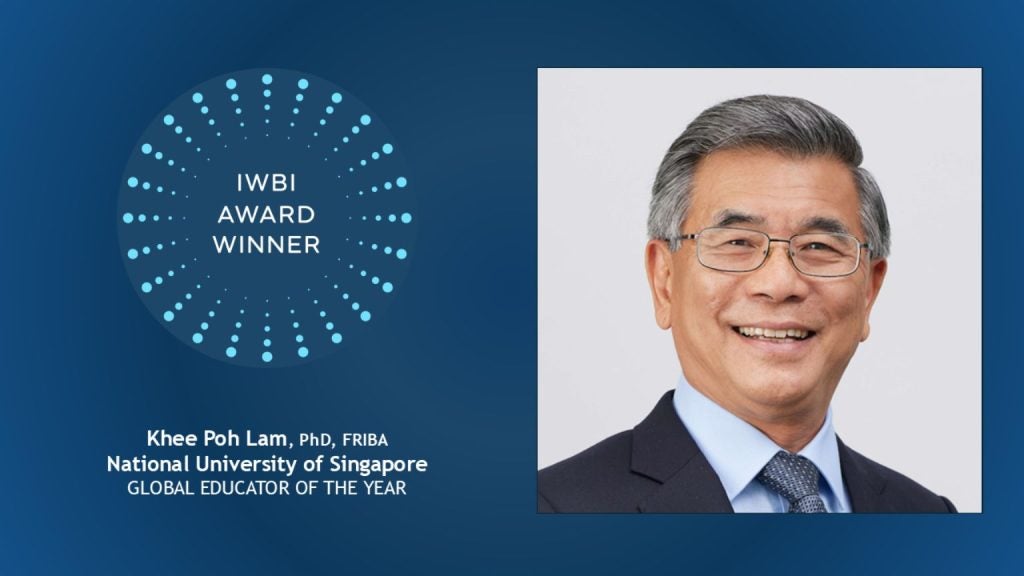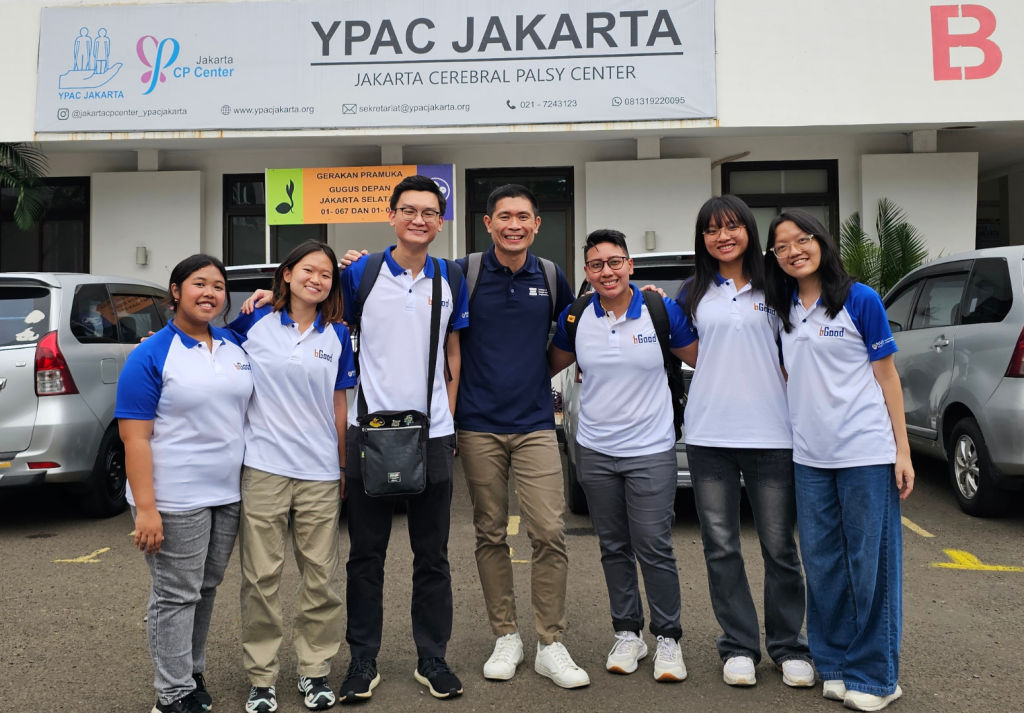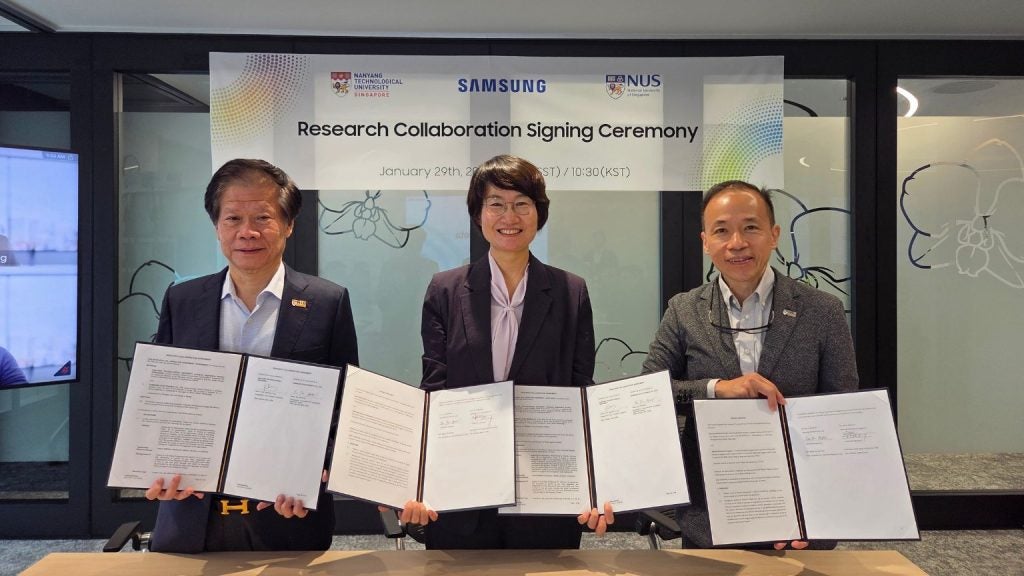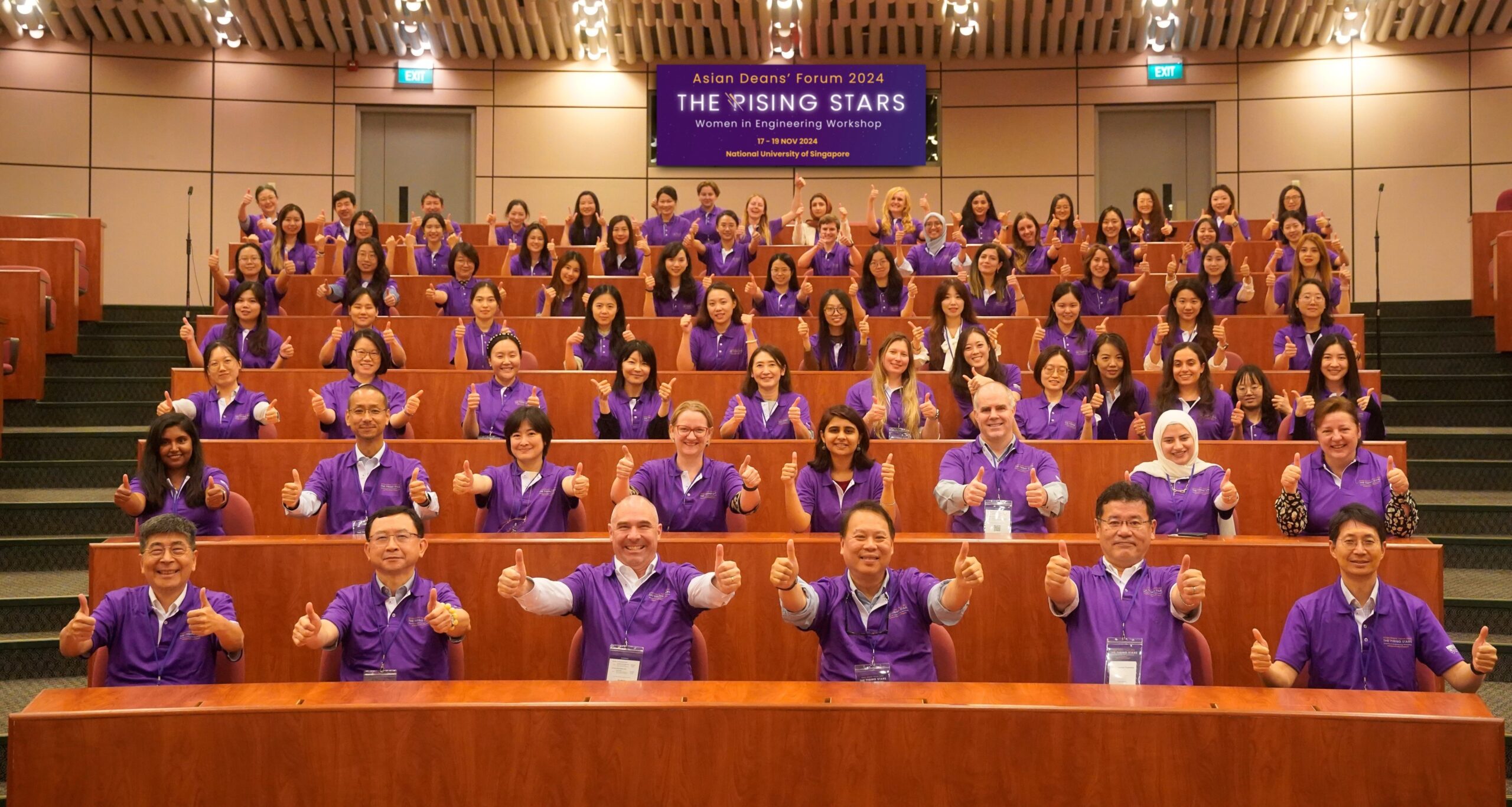
“The world faces many pressing challenges. Bringing diverse perspectives to these challenges can lead to more effective solutions,” Professor Teo Kie Leong, Dean of CDE, told the opening of the Rising Stars Women in Engineering (RSE) Workshop at the Asian Deans’ Forum (ADF) 2024. “I can readily admit that my female colleagues in NUS often view the world through a different lens than I do, and I have learned a great deal from their insights.”
The hallmark event of the ADF, held from 17-19 November 2024 at CDE, the RSE Workshop brought together young female professionals in engineering disciplines from around the world. Since the first workshop in 2018, hosted by the Hong Kong University of Science and Technology, RSE members have remained committed to nurturing and strengthening female talent across Asia.
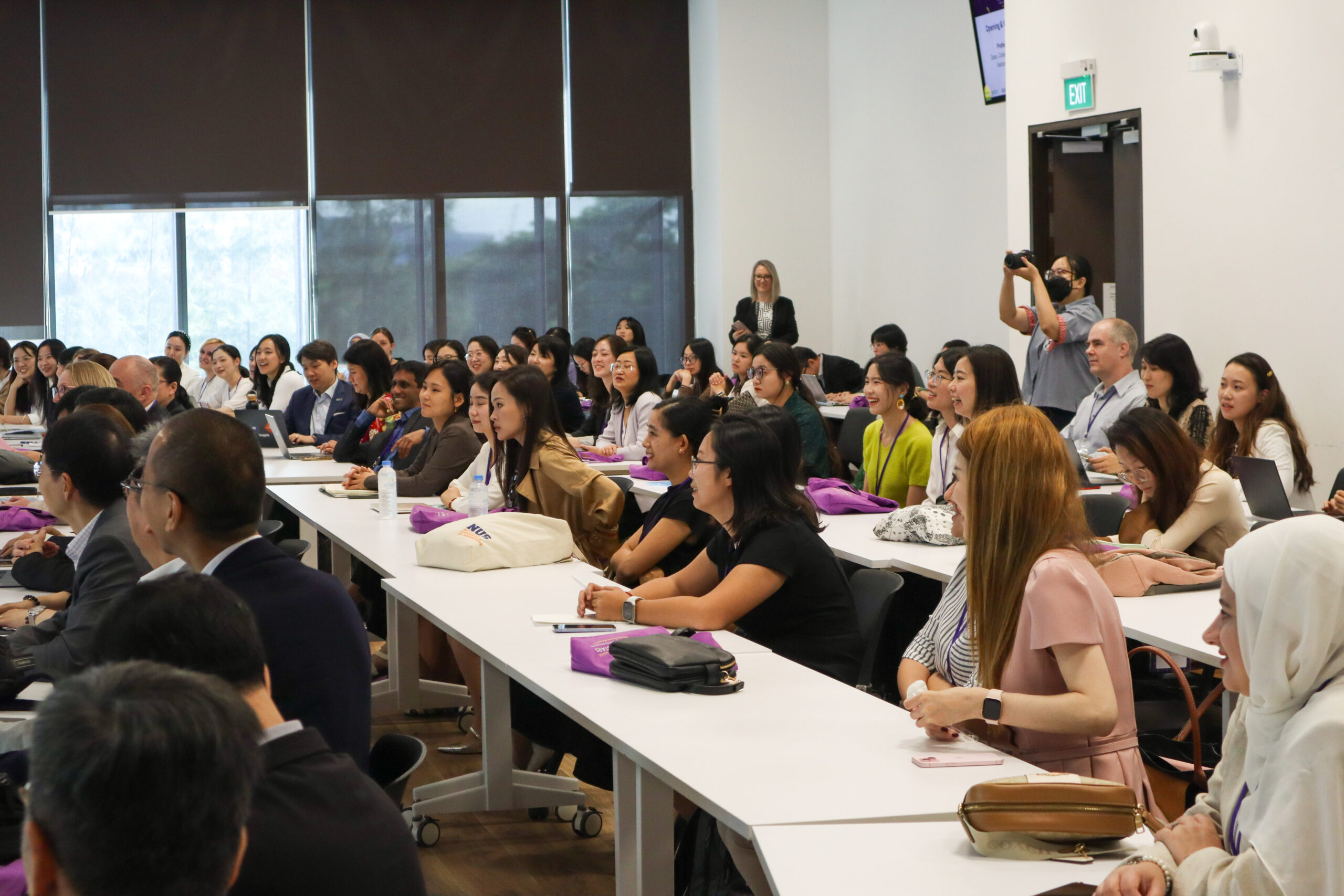
Professor Liu Bin, NUS Deputy President (Research and Technology), opened the 2024 workshop with her plenary presentation Turning Dreams into Reality. She touched on key points such as the stereotype that engineers are primarily male, and the “leaky pipeline” in Science, Technology, Engineering and Mathematics (STEM) fields. “The concept between what engineers are really doing versus what is on many people’s minds is completely disconnected,” said Prof Liu. “It is very important for every one of us to educate the community that engineers are different from what we think we are familiar with and what we thought about 20 to 30 years ago.”
Women often face relatively more challenges in entering, working and leading in STEM fields, due to issues including gender quotas, work-life balance, the lack of role models and mentorship. However, she said that while measures like ensuring salary equity and supporting work-life harmony are important, the mutual support women provide each other in pursuing their dreams could make an even greater impact.
The workshop saw a robust exchange of ideas and knowledge through a series of keynote presentations, panel discussions and other sessions. Under the plenary theme Cultivating Leadership in Academia, participants shared pointers on leadership in engineering and how women can continue to drive breakthroughs in research.
A long-term approach to mentoring the next generation is essential, as highlighted by Associate Professor Vidhyasaharan Sethu, Associate Dean (Research Training) at the School of Electrical Engineering and Telecommunications, UNSW, in his keynote presentation. He emphasised the importance of encouraging academics to adopt an outward focus, fostering participation in the ‘Ideas Economy’ through education and, crucially, research supervision and mentoring.
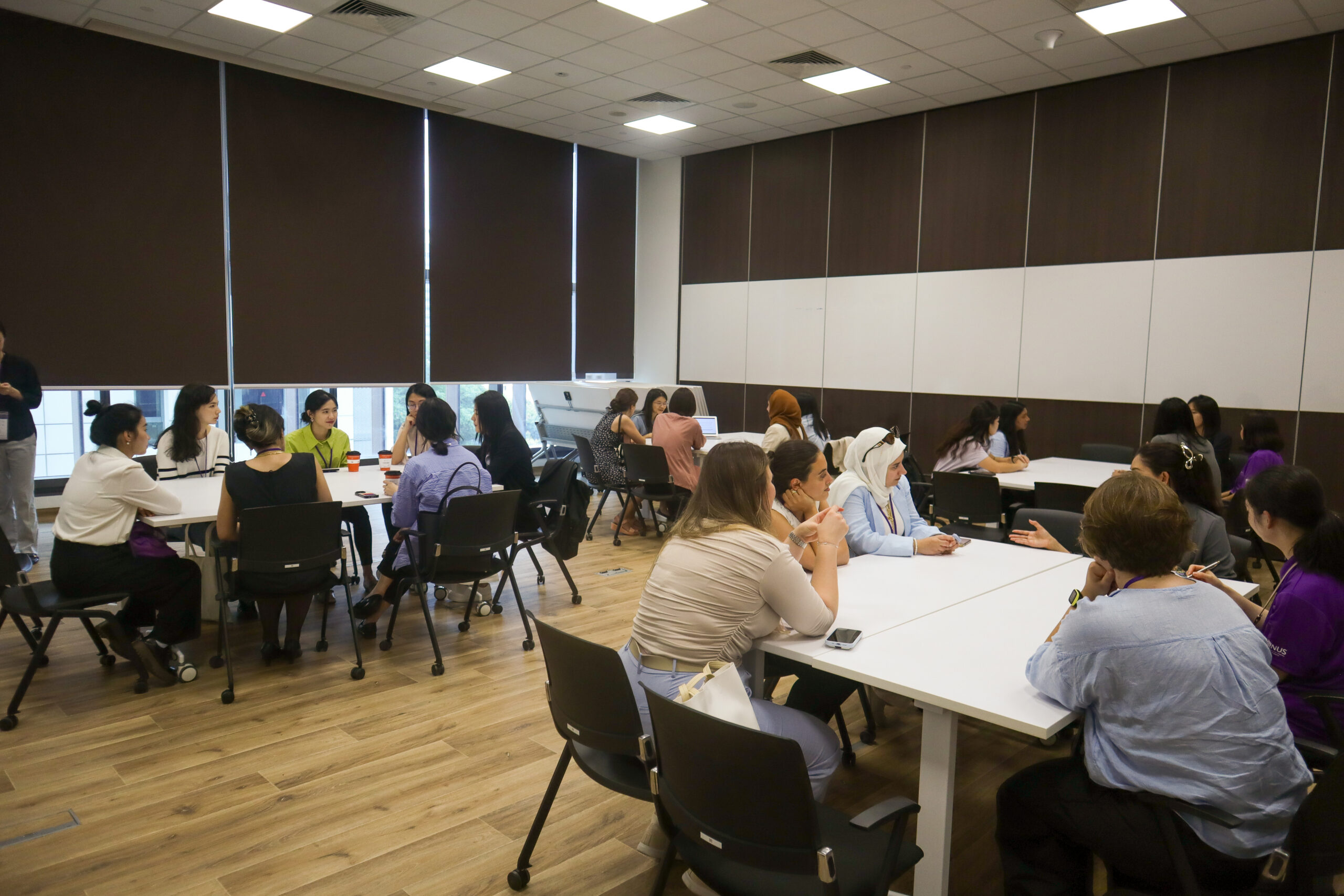
On the final day of the workshop, participants took part in mentoring sessions featuring small group discussions with academics from similar departments. These sessions provided a chance to step away from their daily routines, exchange experiences, and gain insights from peers in related fields. In his closing remarks, Associate Professor Martin Buist, Deputy Dean at CDE, said, “To our rising stars, it is great to see so many of you have been able to join us. An academic career isn’t always an easy path, but there are very few other careers where you get such freedom to explore your ideas, or such satisfaction when your experiment or your code finally works.”
His remarks were echoed by Dr Yang Ying (Chemical and Biomolecular Engineering), who said that for academics, “one of the great advantages over jobs in industry is that we have more freedom to choose to work on things we have a passion for, which is also the key to having a real impact on the society and community or having a meaningful career.”



